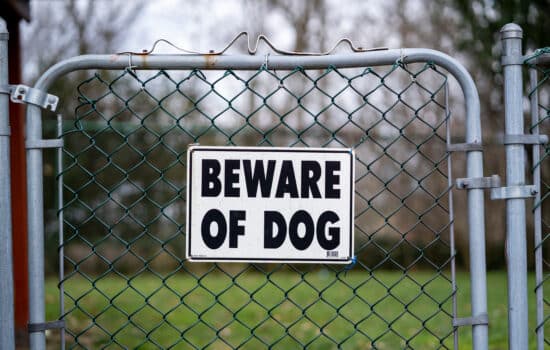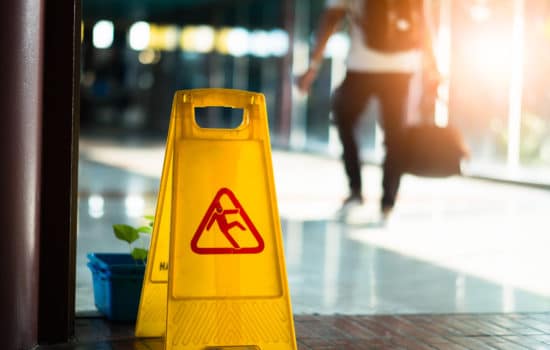By: Kate A. Messinger | Associate
 Facing a charge of Operating under the Influence can be frightening and confusing and it is important to understand that you have rights and options. Each case is unique and it is important to speak to a lawyer who will help to analyze the facts of your case and defend your rights.
Facing a charge of Operating under the Influence can be frightening and confusing and it is important to understand that you have rights and options. Each case is unique and it is important to speak to a lawyer who will help to analyze the facts of your case and defend your rights.
“OUI” stands for Operating under the Influence. You can be charged with OUI if your blood alcohol content is .08% or greater, if you consent to a breathalyzer test or if a police officer views your driving behavior and determines that you are impaired. A breathalyzer test measures your Blood Alcohol Concentration or “BAC.”
In Massachusetts, a first offense OUI is classified as a misdemeanor. A first offense carries substantial penalties including payment of fines ranging from $500-$5,000, potential for up to 2 ½ years in jail, license suspension, completion of an alcohol education program and having the charge count as a First Offense Conviction. An OUI charge becomes a felony if it is a third offense or higher or if there is a serious injury involved.
Massachusetts has some of the strictest OUI laws and penalties in the United States. In 2003, a 13 year old girl, Melanie Powell, was killed as she was crossing the street by a drunk driver who was a repeat offender. After this tragic loss, the Massachusetts Legislature enacted Melanie’s Law in 2005. This law was put in place to enhance the penalties and administrative sanctions for OUI offenders. Among other changes, the law implemented penalties for taking and “failing” a breathalyzer test and for refusing to take a breathalyzer test.
If you are 21 years old or older and your “BAC” measures at .08 or greater the Massachusetts Registry of Motor Vehicles will suspend your license for 30 days. After the 30 days is completed, you will have to pay a reinstatement fee to get your license back. If you are between the ages of 18 and 21 and your “BAC” measures .02 or greater, your license will be suspended for 180 days and you are required to participate in a Youth Alcohol Program.
If you are arrested for OUI and you refuse to consent to a Breathalyzer test your license gets suspended automatically for a longer period of time. If you are 21years old or older and this is your 1st OUI charge, the Massachusetts Registry of Motor Vehicle will suspend your license for 180 days, a 2nd OUI charge carries a suspension period of 3 years, and the suspension period continues to rise the more charges you have. Three or more charges and your license can be suspended indefinitely.
An OUI charge comes with both criminal and administrative penalties. First, the Massachusetts Registry of Motor Vehicles will impose penalties automatically after you are charged for either taking a breathalyzer test and failing that test or refusing to consent to the test. These are known as the administrative penalties. Secondly, additional and separate penalties may be added by the court if you are convicted or admit to the OUI offense. It is important to understand that even if you have completed the administrative RMV suspension, your license may still be suspended because of the outcome of your court case, which adds a separate and additional suspension.
It is possible for some individuals who have been charged with OUI to apply for a hardship license. A hardship license is a restricted license that allows a person, who has pled guilty to an OUI charge, to operate a motor vehicle to allow them to get to work or school. Although, an individual is not eligible for a hardship license if they refused to take a breathalyzer test. Further, Massachusetts does not allow individuals to be eligible for a hardship licenses prior to the disposition of their case. The RMV requires individuals to produce multiple documents in order to apply for a hardship license. You can go to the RMV website to review the eligibility requirements and application process.
Keeping yourself and others safe is always a priority, so please do not drink and drive. If you have any questions about being charged with OUI in Massachusetts please call the attorneys at Wynn & Wynn, P.C. 1.800.852.5211 or request a free consultation.











